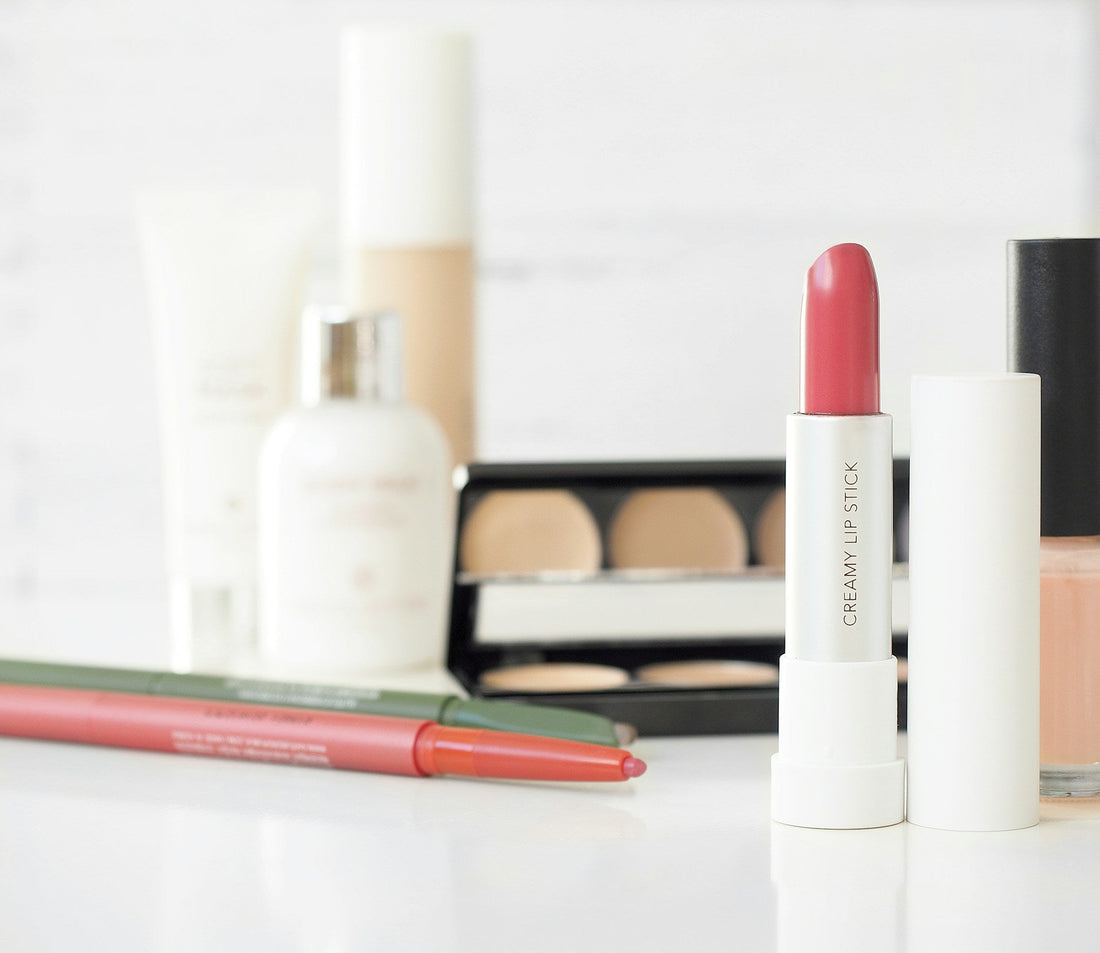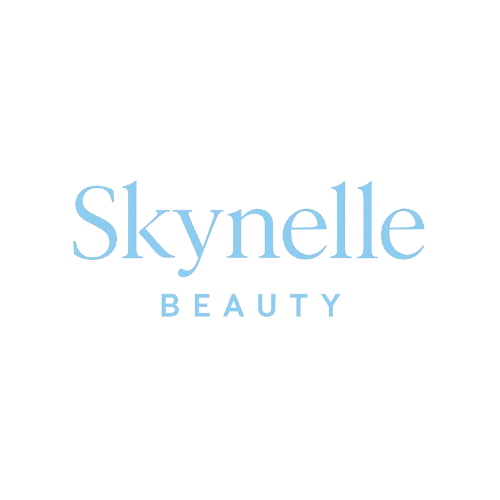
Clean vs. Natural vs. Organic Beauty Products: What's the Real Difference?
Share
In the ever-evolving world of beauty, the terms "clean," "natural," and "organic" have become ubiquitous, leaving many consumers scratching their heads. What do these labels really mean, and how do they impact the products we choose to put on our skin? As the founder of Skynellebeauty, a Gen Z-focused natural skincare brand, I'm here to shed some light on the nuances between these buzzwords and empower you to make informed decisions about your beauty routine.
Defining the Beauty Product Landscape
The beauty industry has undergone a significant shift in recent years, with consumers becoming increasingly conscious about the ingredients in their products. Terms like "clean," "natural," and "organic" have emerged as a response to this growing demand for more transparency and accountability. However, the lack of a universal definition for these terms has led to confusion and, at times, even greenwashing.
Understanding the differences between these categories is crucial, as it can impact your skin's health, the environmental footprint of your beauty routine, and your overall well-being. Let's dive in and explore each of these concepts in detail.
Clean Beauty
The term "clean beauty" has gained significant traction, but its definition can be somewhat elusive. In essence, clean beauty refers to products that are formulated without certain ingredients that are potentially harmful or concerning, such as parabens, phthalates, sulfates, and synthetic fragrances. The goal of clean beauty is to provide consumers with products that are safer, more transparent, and better for the environment.
However, it's important to note that the term "clean" is not regulated, and there is no universal standard for what constitutes a clean product. Brands may have their own interpretations and criteria, which can lead to inconsistencies in the market. Nevertheless, the clean beauty movement has encouraged many brands to be more mindful about their ingredient selection and to provide more information to consumers.
Natural Beauty
The concept of "natural beauty" is often associated with products that are derived from natural sources, such as plants, minerals, and other renewable resources. These products are typically free from synthetic or artificial ingredients and aim to harness the power of nature for skin and hair care.
While natural products may be perceived as inherently safer and more environmentally friendly, it's important to note that not all-natural ingredients are automatically better or more effective than their synthetic counterparts. Additionally, the term "natural" is not regulated, and some brands may use it liberally without adhering to strict standards.
Organic Beauty
The term "organic" in the beauty industry is more tightly regulated than "clean" or "natural." To be considered organic, a product must contain a certain percentage of certified organic ingredients, as defined by governing bodies like the United States Department of Agriculture (USDA) or the European Union's Organic Regulation.
Organic beauty products are typically grown and processed without the use of synthetic fertilizers, pesticides, or other potentially harmful chemicals. This approach is believed to be more environmentally sustainable and to provide consumers with products that are free from these potentially harmful substances.
Comparative Analysis
While clean, natural, and organic beauty products share some similarities, there are distinct differences between them. Clean beauty focuses on the exclusion of certain ingredients, while natural beauty emphasizes the use of naturally derived ingredients. Organic beauty, on the other hand, is defined by strict certification standards and a focus on sustainable farming practices.
In terms of price points and accessibility, clean and natural beauty products tend to be more widely available and affordable than their organic counterparts, which can sometimes carry a higher price tag due to the rigorous certification process.
When it comes to consumer decision-making, factors such as ingredient transparency, environmental impact, and personal preferences often play a significant role. Some consumers may prioritize clean beauty for its focus on avoiding potentially harmful chemicals, while others may gravitate towards natural or organic products for their perceived health and environmental benefits.
Navigating Product Labels
With so many options on the market, it can be challenging for consumers to navigate the beauty product landscape. When shopping for clean, natural, or organic products, it's essential to read ingredient lists carefully and look for third-party certifications that validate the claims made by the brand.
For clean beauty, look for products that are free from ingredients like parabens, phthalates, sulfates, and synthetic fragrances. For natural beauty, seek out products that list natural, plant-based ingredients prominently on the label. And for organic beauty, look for the USDA Organic or other reputable organic certifications.
Remember, just because a product is labeled as "clean," "natural," or "organic," it doesn't necessarily mean it's the best choice for your skin or the environment. Doing your research and understanding the nuances of these terms can help you make more informed decisions about the products you choose to incorporate into your beauty routine.
Conclusion
As the beauty industry continues to evolve, the terms "clean," "natural," and "organic" have become increasingly important for consumers to understand. By educating ourselves on the differences between these categories, we can make more informed choices that align with our personal values and skin care needs.
At Skynellebeauty, we are committed to providing our customers with transparent, sustainable, and effective natural skincare products. We believe that by empowering consumers with knowledge, we can collectively drive positive change in the beauty industry and promote a healthier, more conscious approach to self-care.
So, the next time you're browsing the beauty aisles, remember to look beyond the buzzwords and dive deeper into the ingredients and certifications that truly matter. Your skin, and the planet, will thank you.
